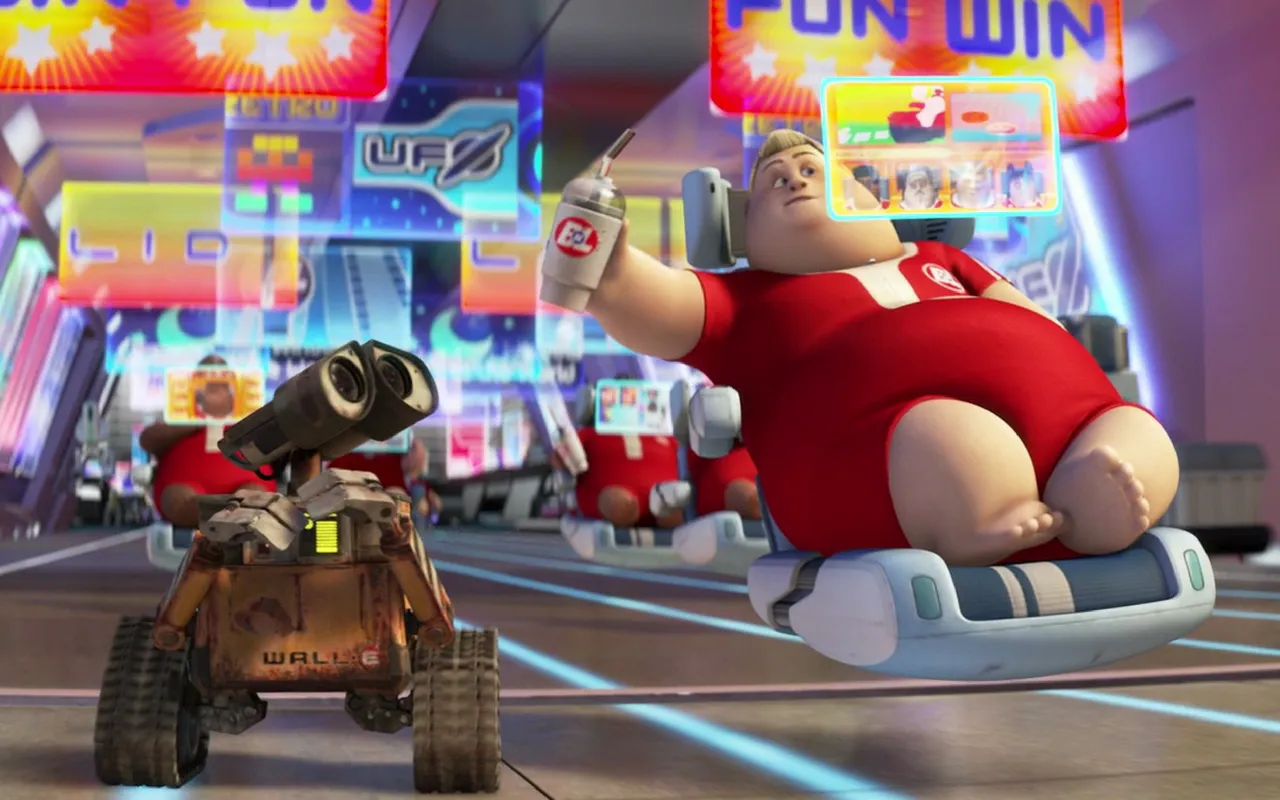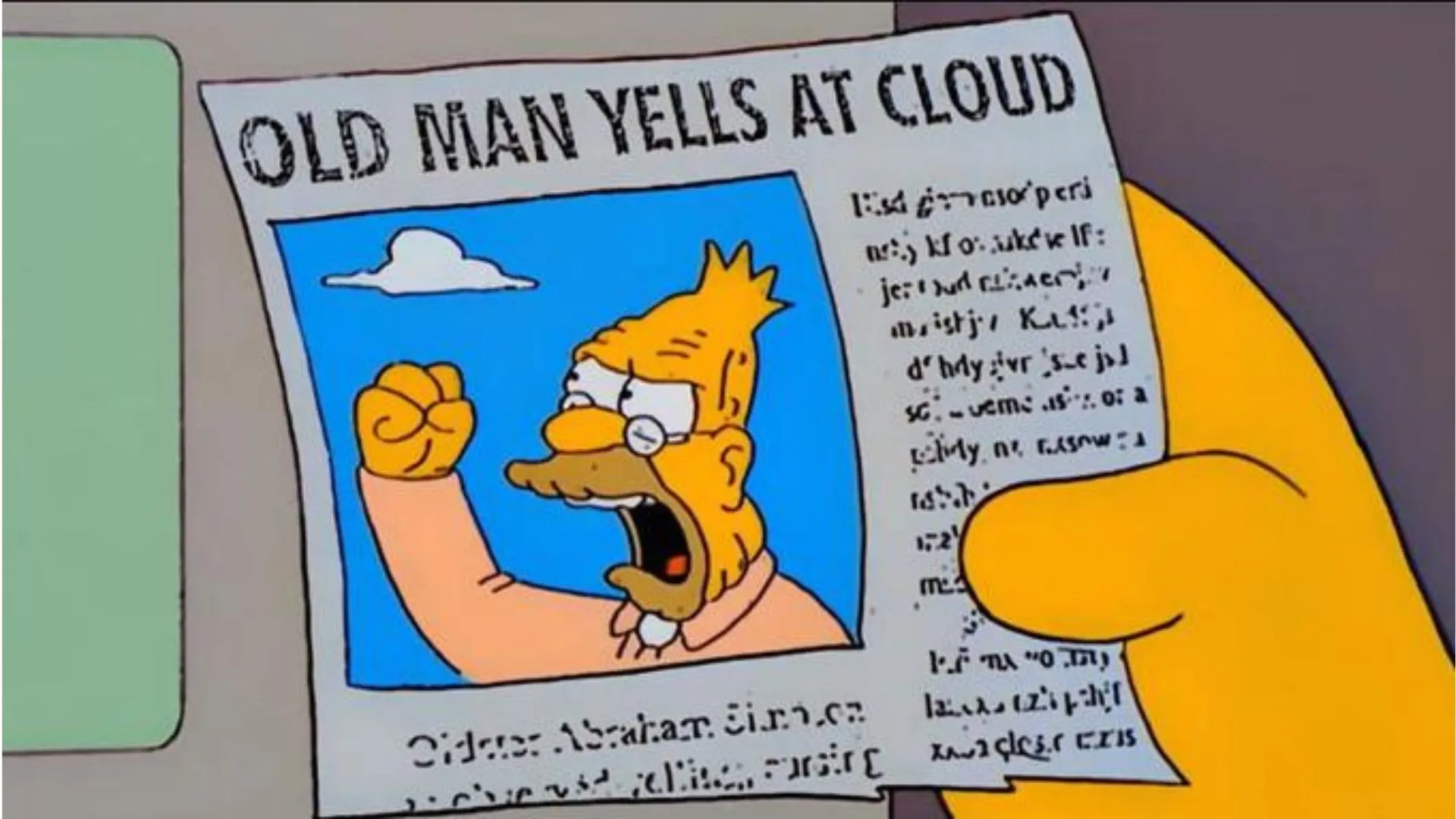Few months ago, the internet has been flooded with AI generated images in the style of Pixar and Ghibli. I didn’t even know that a new AI model was released, because I kind of quit social media, but they were everywhere, and it was impossible to miss it. This made me think, what drives people to use these tools?
This is the price of progress
When we are talking about technological progress, there is one argument that is impossible to fight with: this is the price of progress. The tractor has replaced the hard work of the farmer and his animals. Electricity killed the profession of the guy who had to light candles on the street every day. The internet has killed the printed press. And AI is killing everything else. But this is the price of progress.
I doubt there is a person who would answer negatively if asked: “Would you like your work to be easier, and for you to have more time to do what you really like?”. We all wish we had more time to do the things we like. This is why we invented the washing machine and the dishwasher. And this is why AI is taking the world by storm — because it helps me with mundane tasks, and so I have more time for the things I truly want to do. This is the progress, and this argument is bulletproof. Arguing with this argument, is like arguing that it is better to be alive than dead. It’s almost an axiom.
This is the price we have to pay for progress. Do you want to stay behind, doing mundane work for the rest of your life?
The world is hard, and tech bros are here to make it easier, and there is a price for progress: loss of jobs, loss of friendships, loss of purpose, and loss of meaning. You either agree with this, or you are outdated; an old man rumbling about the good times that were there, 10, 20, 50 years ago. So you adapt, or fall behind.
But despite the fact we have social networks, we feel more lonely and less connected to our fellow human beings. Despite the fact that we have the entire human knowledge in our pockets, we can’t seem to distinguish truth from lies, good from bad, and we are more divided than ever. And contrary to what progress advocates tell you, we, in fact, have less time to do the things we really want to do. Meaningful work is shrinking, despite the fact that AI evangelists tell us that in the bright future of AI, we won’t be doing mundane work — we will all be artists. But artists are disappearing, because today, everyone is a Ghibli Studio. Everyone is a Pixar artist. Everyone is a book writer, a coder, an entrepreneur, a music creator, a blogger.
But here is the kicker: creating something, is not the end goal. For starters, if everyone can create the same things with the same amount of skill, what makes your skills and work special? What, you think you are so unique that only you can prompt ChatGPT to generate a Ghibli-styled image, or vibe-code your shiny SaaS? No, you are not. You will be competing with millions of other “creators” who can do the same as you, and generate a ton crap of AI slop. And secondly, the goal was never to create. It’s the process of creation that is rewarding. Not to sound cliché, but it’s the journey that matters, not the destination. And when you’ve been robbed of the journey — and make no mistake we are being robbed of it — there is nothing left for you other than to float in your pod, wearing your smart glasses and drinking the months’ favorite soda drink and whatever engineered meal they sell you.

Or maybe you thought you will join the singularity together with Sam Altman, Jeff Bezos, and Mark Zuckerberg? Oh, you poor soul. They did not tell you that the rocket to Mars is not for you, and the promised singularity is not for you. You have been, and will stay, a mindless consumer that will get excited about every new AI slop that is wrapped in “in the name of progress”, while owning less stuff, doing more mundane work (if there will be work for you to do, and make no mistake, The Rich won’t finance your Universal Basic Income), while the people who own the tech will decide what you will eat, how far you will drive, or how stimulated you brain will become.
I remember long time ago, 15, maybe 18 years ago, the internet was filled with various blogs of people who used to do coll stuff and write about it. These blogs are still there, but they are hidden beneath a pile of AI generated slop for the sake of gaming SEO. Just like our deep desires to connect with fellow human beings, or the surrounding nature — is buried beneath endless amounts of plastic waste, or the number of likes from your “friends” online. At least we have the ability to wear a new dress every day with same-day delivery, or buy a new iPhone every year. Hooray for progress!

I might be getting old. Becoming the old man who yells at the clouds and remembers a time when everything was better, or at least seemed better. But I’m also becoming detached from things I liked to do, like software programming. It’s been distilled from problem-solving into AI prompting. Movies with deep meaning were replaced by fast flashing pictures, because our TikTok brain can’t concentrate at a plot line longer than 5 seconds. I don’t remember the last time I’ve been in flow state. 8–12 years ago, I could spend an entire day coding. I would forget to eat, drink water. I would wake up, and sit on a problem for 8–9 hours straight. Today, I can’t concentrate for more than a few minutes. If I don’t get to the solution, I become angry. I become irritated. Boredom has been vilified and became something you need to get rid of by scrolling yet another algorithmically curated feed. The only time I feel creative spark is when I’m in the shower. It’s weird, but it makes sense: there is no technology in the shower. It’s the only place where I am alone, by myself, with myself.
And I am not the only one. People across the internet describe similar symptoms. They coined the term “AI Brain rot” which is described as in-ability to solve difficult problems. People are getting a joy from “unplugging” from AI and solving problems using their own brain capacity.
Everything has been turned into a product that helps us save time, and yet, we seem to be busier than always. But we need to ask ourselves the following question: Is it really about progress? Or is the argument of progress being (ab)used in the same way door-to-door salesmen use emotionally abusive arguments to sell their products:
What do you mean you don’t want life insurance for your family? Don’t you think it would benefit them to have money once you die?
Maybe progress is not always the goal we should aim for. Don’t get me wrong, there are things in this world that I am grateful for, and that were done in the name of progress: modern medicine, electricity and everything that comes with it, technology. And I don’t want to sound like an anti-AI evangelist. I use AI, and I find it useful for certain tasks. But there is always a scale that we need to balance. And I feel like we’ve tipped the scale way too much. We just keep rushing into the abyss with a promise that this new and shiny thing will, finally, give us the ability to actually do the things we want to do. And yet, we can’t seem to get there. With every step forward that we take, we, eventually, find out that we took two steps backwards. Or if not backwards, then in the wrong direction.
Nobody stops to look around, and ask the right question: Do we really need this EVERYWHERE? Have you noticed how almost every website now has a button to “Chat with our AI Assistant”? How every company went from “Doing cool [stuff] to solve [pain point]” to “AI [stuff] to solve [pain point]”? Like, why? Why shove it in every possible place? It’s a rhetoric question. The answer is money. But this is a topic for another post.
And this brings me back to Ghibli/Pixar styled pictures. What’s the point? Why even have such ability? These styles were unique because they were produced by certain studios. Now they are everywhere, and there is nothing special in them anymore. Why was in necessary? What purpose it serves other than “in the name of progress”?
With every new technology we discover, or invent, we lose something. With the computer we lost the art of handwriting, and structuring our minds (and yes, I can see the irony). And with AI we are going to lose everything that is left in us that makes us humans: creation, art, problem-solving, human communication, connection and relationships. And then, Artificial General Intelligence (AGI) will be here, but not because we will create it, but because we will destroy ourselves in such way that machines will be the only entities capable of producing everything of value: art, software, music, poems, books — thus turning us into mindless consuming amoebas.